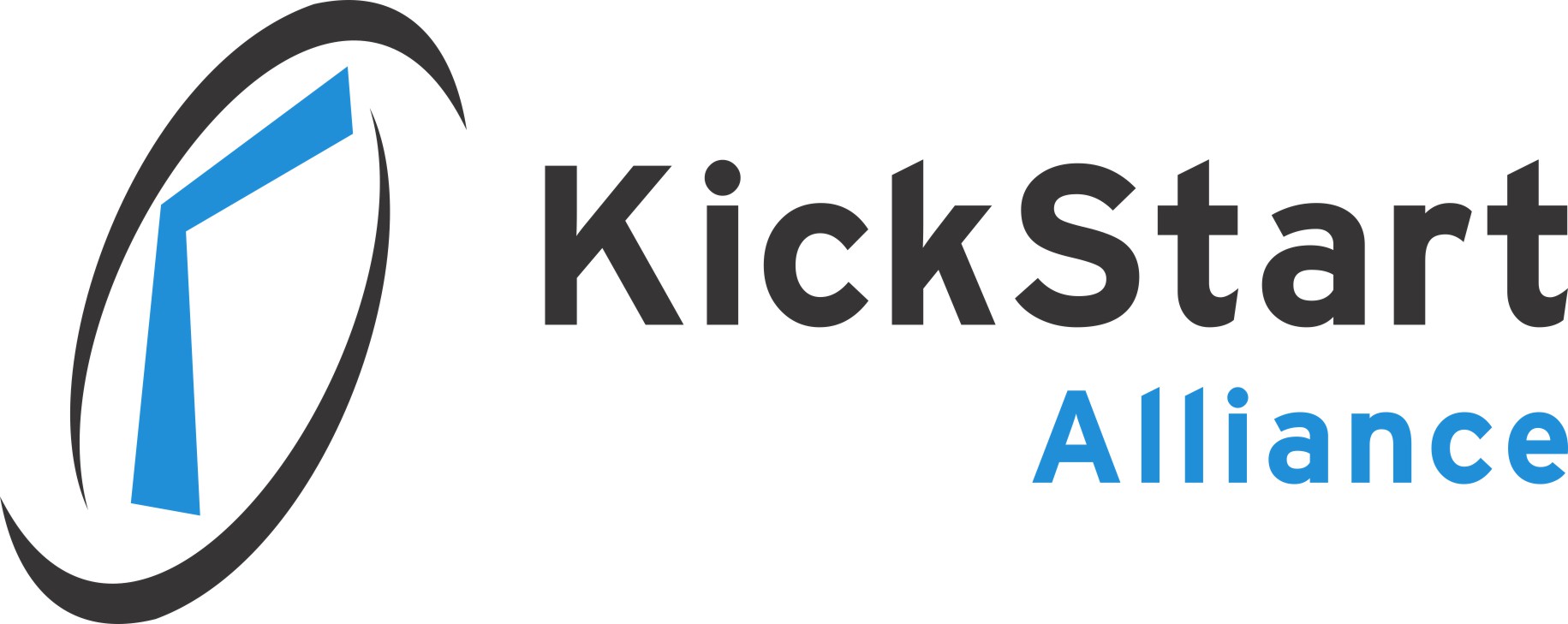There’s a lot of information on win/loss analysis available online. This blog post summarizes the “best of the best” advice available. Read on to see 5 questions you should consider before embarking on your own interview process and analysis.
According to Roger Allison of Pragmatic Marketing, only 1 in 5 organizations conduct a win/loss analysis with either discipline or regularity. And, Steve Tennant of Tennant Consulting estimates that companies that conduct win/loss reviews and make adjustments based on the findings increase their win rates by 5-12%. This suggests a huge opportunity for any company to improve sales conversion. As marketers and product managers, we owe it to our companies to lead this process and incorporate this type of analysis into our business and marketing planning efforts. Here are 5 questions to consider before you begin interviewing prospects and customers:
1) Who should conduct the interviews for a win/loss analysis?
The most common idea is to have sales drive the interviews; but, this is not a sales activity. I agree with Steve Tennant that this is a “worst practice.” A sales rep’s first and only priority must be on winning the next sale, not conducting research. And asking sales reps to interview customers on deals they lost can be awkward at best, possibly putting the sales rep in a defensive position with the customer. That can be disastrous towards any future sales with the customer/prospect. While a marketing or product VP may sponsor the win/loss analysis, consider outsourcing the interview process to an unbiased 3rd party familiar with your customers and your business model. Neutral 3rd party interviewers can be more successful in making any interviewee feel so comfortable that they are willing to share important data, perspectives, and expectations that they may hesitate sharing directly with a company rep. Have this person conduct all interviews so they can more clearly see any patterns that emerge.
2) Who should be interviewed, and when?
Roger Allison suggests that interviews should be conducted with an equal number of customers (wins) and non-customers (losses). I agree. Only then can we hope to get a balance of “why we won, and why we lost”. Do you need to interview every customer and every lost deal? Not at all. However, the win/loss analysis works best when the process becomes a discipline that is executed quarterly. For deals won and lost, it’s also best to interview the decision maker within 3 months of the win/loss. That way, the experience is fresh in their mind. The best customers/prospects to pick are the ones where your company invested a fair amount of visible sales rep and other executive attention. The more involved your organization was in courting the customer/prospect, the more valuable the interview will be (win or loss). And those decision makers will likely acknowledge the time and effort you contributed. Thus, they may feel obligated to give you a few minutes of their time to answer your questions. Take advantage of that.
3) What questions should you ask?
Steve Tennant and Sue Duris (Pragmatic Marketing) offer similar sets of questions. Ask the decision maker for 15-20 minutes to conduct a short interview (they will likely give you much longer).
* Confirm the opportunity: What problem or need were you experiencing that led to a search for a solution?
* Solution requirements: What was your solution criteria?
* Buying process: Can you briefly describe your buying process? How long did it take? Who was involved? What information sources did you use? What information was the most valuable?
* Competitive comparison: Why did you choose us? Or, why did you not choose us? Or, what caused you to remain with your status quo or delay your decision?
* Advice: Is there anything the company might have done to improve your buying experience? What advice, if any, would you like to share with the company?
4) Do you need to compensate the interviewee?
It depends, and you’ll want to be flexible. For interviewing customers (“wins”), no compensation will be required. These interviews should be easy to schedule because you now have a business relationship with them. However, it may be more difficult to schedule interviews with “loss” companies. From personal experience, I can tell you that “money talks.” If you want to get quality time with senior decision makers regarding a loss opportunity, consider offering a gift card, or a monetary donation to a charity of their choosing. The more important to you the information you want, the higher the monetary amount. You are offering money not as a bribe, but in recognition of their time and the value of the information you can learn from them.
5) How should the data be used?
The interviews are worth nothing if the data isn’t captured and shared in a manner that everyone in the company can benefit from. For best results, the win/loss analysis should be conducted in a consistent fashion. Capture similar information in a template designed for your business. This template can include questions about the product or service (i.e. what you deliver) as well as the engagement experience (i.e. how you deliver it). And the final analysis MUST include some actionable information and recommendations. It’s not enough to capture data and make colorful charts. Be prepared to act on the information you collect. Some companies create an executive summary that is widely shared via email; others conduct internal webinars or visit with marketing, product management, engineering, and sales teams to share the data and discuss the implications. You’ve invested the time and energy to collect the information and analyze the results. Don’t be shy in sharing the information and putting it to good use.
For more information: KickStart Alliance has been guiding Customer Advisory Boards and conducting customer interviews for more than a decade. To learn more about how we can build a custom “Voice of the Customer” program for your business, please contact Mike Gospe.
